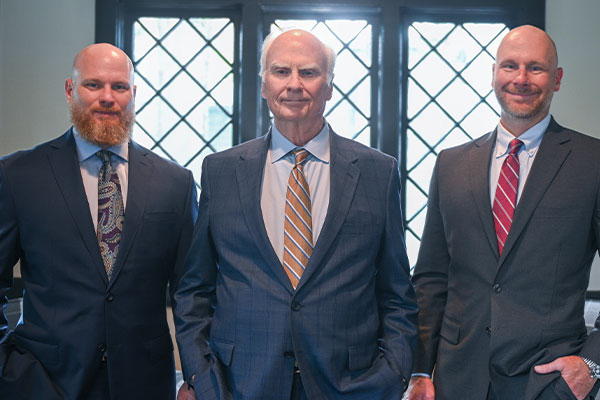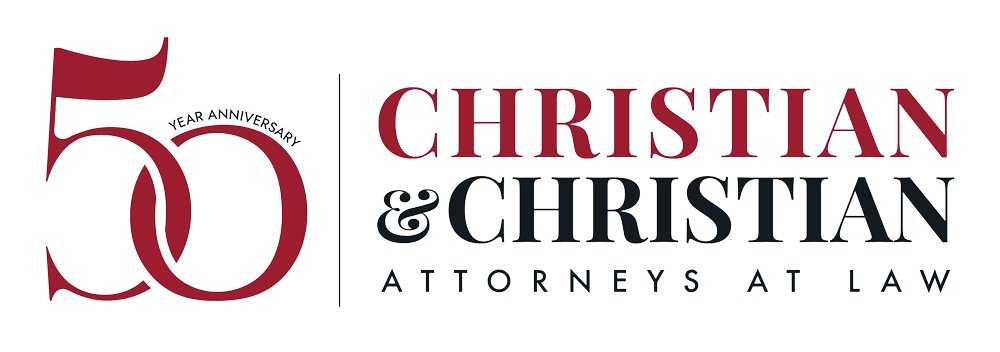Halloween, typically associated with costumes and festivities, presents unique risks for elderly residents in nursing homes. The eerie combination of celebrations, changes in routine, and increased activity can create an environment where residents may wander off. This raises serious concerns about safety and liability under South Carolina law. In particular, nursing home elopement becomes a more pressing issue on Halloween night, when the usual safeguards may be less strictly enforced. For families and caregivers, understanding the facility’s responsibility is crucial—especially in situations where a resident leaves the secure environment of the home.
Understanding Nursing Home Elopement 
Nursing home elopement refers to a situation where a resident leaves the facility without the proper authorization or supervision. This is a common issue in long-term care settings, and it can occur for a variety of reasons. For some residents, wandering is a result of dementia or Alzheimer’s disease, which can cause disorientation and confusion. For others, it could be a simple desire for autonomy or to experience something outside the routine of the nursing home environment. Regardless of the cause, elopement is a significant safety concern.
On Halloween night, the risk of elopement can be higher due to several factors. The relaxed atmosphere, with activities such as trick-or-treating, parties, and special events, can cause disruptions to the usual security measures. In these settings, some residents may take advantage of the heightened excitement or altered routine to leave the facility without supervision, posing a danger to themselves and others.
South Carolina’s Legal Framework for Nursing Home Liability
In South Carolina, nursing homes are governed by a range of laws and regulations designed to protect the health and safety of residents. These regulations not only cover medical care and facility management but also the responsibility of nursing homes to prevent accidents such as falls, abuse, and elopement.
The state follows specific standards under the South Carolina Department of Health and Environmental Control (DHEC), which requires nursing homes to have procedures in place to prevent incidents like elopement. When a resident leaves the facility without authorization, the nursing home could be held liable if they are found to have neglected their duty of care. For instance, if proper safety measures such as secure doors, alarms, or supervision were not in place, the facility could be considered responsible for the resident’s escape.
Founded in 1975, Christian & Christian has deep roots in the community. 
Only Serving People, Never Companies
South Carolina law also provides avenues for legal recourse when negligence leads to harm or injury from elopement. If a resident wanders off the premises and suffers injury or worse, the nursing home may be liable under the theory of negligence, especially if it is shown that they failed to meet required safety protocols.
Preventive Measures for Halloween Night
To reduce the risk of elopement on Halloween night, nursing homes must take proactive measures. Security should be heightened during the evening to account for the increase in activity around the facility. This includes ensuring that all exits are securely locked and monitored. Many facilities use electronic security systems that trigger an alert if a door is opened. Staff should be trained to handle potential wandering behavior, especially in residents who may be more vulnerable due to cognitive impairments.
Nursing homes should also conduct risk assessments prior to Halloween, especially for residents with a history of wandering or those with dementia. These assessments will help determine which residents may be more at risk and what specific precautions are needed to ensure their safety. For example, staff might consider assigning additional supervision during this time, such as having extra staff on hand to monitor exits or assist with residents during Halloween activities.
Staff Training and Emergency Protocols
An essential part of preventing elopement on Halloween is proper staff training. Nursing homes must ensure that all employees are trained in recognizing the signs of potential wandering and understand the specific steps to take in the event of an elopement. This includes knowing how to respond quickly, alerting local authorities if necessary, and following established protocols for locating the missing resident.
In addition to the immediate response, nursing homes should establish a comprehensive emergency protocol. This might involve contacting local law enforcement if the resident is missing for an extended period or if they are in immediate danger. Time is of the essence in these situations, and a clear, efficient emergency protocol can mean the difference between a successful resolution and a tragedy.
Family and Caregiver Involvement
Families and caregivers play a vital role in ensuring the safety of nursing home residents, especially during high-risk times like Halloween. It’s important for families to communicate with nursing home staff about any specific concerns or risks associated with their loved one. For example, a family member may be aware of a history of wandering or may have noticed behaviors that suggest a heightened risk of elopement.
By providing this information, families can help nursing homes tailor their safety measures and better prepare for potential issues. Families can also engage with the facility in discussions about how they will handle special events, including Halloween, and what precautions will be in place.
Value of a Personal Injury Case Choosing a Personal Injury AttorneyRelated Videos
Liability and Legal Recourse
If a nursing home resident elopes and is injured or suffers harm, families should understand their legal rights. South Carolina law provides avenues for families to seek compensation for injuries sustained due to nursing home negligence. If the nursing home failed to take appropriate steps to prevent elopement or did not have adequate security measures in place, the family may have grounds to file a lawsuit.
In such cases, it is important for families to consult with an experienced personal injury or nursing home abuse attorney. Legal professionals who specialize in nursing home negligence can assess the facts of the case, gather evidence, and help families pursue the compensation they deserve. This compensation can cover medical expenses, pain and suffering, and other damages resulting from the elopement.
Verdicts & Settlements
Nursing home elopement is a serious issue, and the risk is particularly high on nights like Halloween when the usual security measures may be disrupted. In South Carolina, nursing homes have a legal responsibility to ensure the safety of their residents by implementing adequate preventive measures and maintaining a secure environment. By understanding the risks, legal obligations, and steps to prevent elopement, facilities can help protect their residents and avoid potential liability. Families should also be vigilant, stay informed, and work with the facility to ensure that their loved ones are safe. If an elopement does occur, South Carolina residents have legal avenues to seek justice and compensation for any harm caused.
Concerned about a loved one’s safety in a care facility? If an elopement has occurred or you suspect negligence, Christian & Christian Law is here to help. Contact us today for a confidential consultation and learn about your legal options.
To learn more about this subject click here: How to Document and Report Nursing Home Abuse











